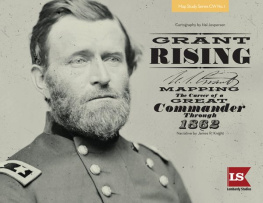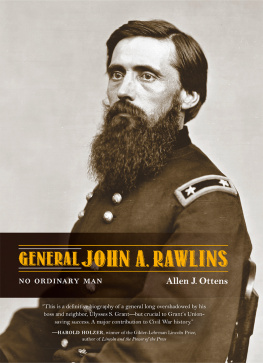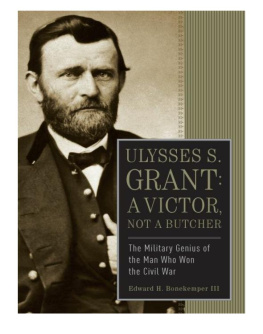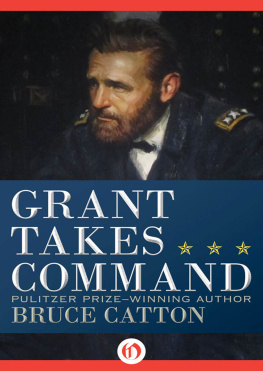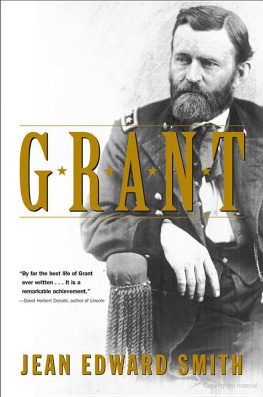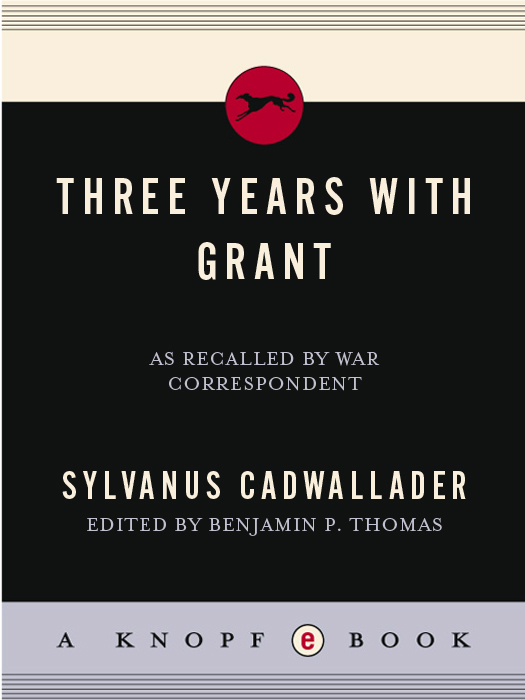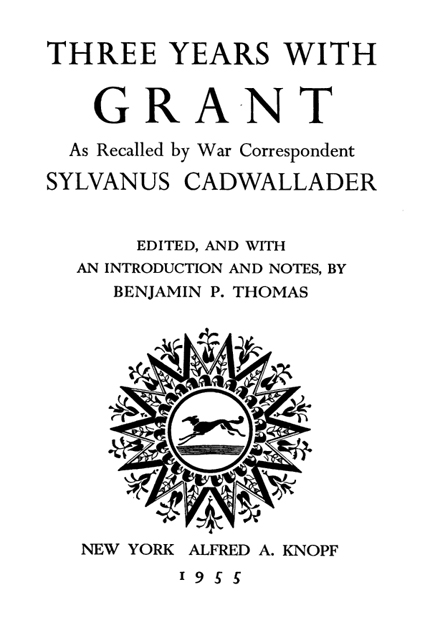BOOKS BY
BENJAMIN P. THOMAS
LINCOLN S NEW SALEM
(Alfred A. Knopf: 1934, 1954)
ABRAHAM LINCOLN , A BIOGRAPHY
(Alfred A. Knopf: 1952)
THEODORE WELD , CRUSADER FOR FREEDOM
(Rutgers University Press: 1950)
PORTRAIT FOR POSTERITY , LINCOLN AND HIS BIOGRAPHERS
(Rutgers University Press: 1947)
LINCOLN , 18471853
(Abraham Lincoln Association: 1936)
L. C. catalog card number: 55-9275
Benjamin P. Thomas, 1955

Copyright 1955 by Benjamin P. Thomas. All rights reserved. No part of this book may be reproduced in any form without permission in writing from the publisher, except by a reviewer who may quote brief passages and reproduce not more than three illustrations in a review to be printed in a magazine or newspaper. Manufactured in the United States of America. Published simultaneously in Canada by McClelland & Stewart Limited.
eISBN: 978-0-307-83033-3
v3.1
Contents
Editors Introduction
THE train slowed to a jerking stop beside the grimy depot at Jackson, Tennessee, and among the passengers who tumbled from the wooden cars into the dust and din and bustle of the Union Army base was a slim, nervous civilian in an odd fur cap, with a seamed and swarthy countenance and darting, restless eyes. His credentials bore the name Sylvanus Cadwallader, and identified him further as a war correspondent for the Chicago Times. Additionally, however, he had a secret mission.
Thirty-six years old when he arrived at the little town where General Grant had established his headquarters, Cadwallader had been born and educated in Ohio. Married to Mary I. Paul, a native of Vermont, and father of one child, a daughter, he had moved in his early thirties to Kenosha, Wisconsin, to edit a small newspaper. Then he and his brother-in-law, Edward A. Paul, bought the Milwaukee Daily News. Until the death of Stephen A. Douglas in 1861, Cadwallader had been a Douglas Democrat.
Cadwallader was serving as city editor of the Daily News when he received an urgent message from the owners of the Chicago Times. Their star reporter, Warren P. Isham, who had been assigned to cover Grants movements, had overstepped his privileges and been shipped off to a military prison. Desperate for news from the Western army, the owners of the Times implored Cadwallader to undertake the formidable assignment of obtaining a personal interview with Grant and persuading him to order Ishams release.
Many persons regarded the Times as a malignant Copperhead sheet, and Cadwallader himself commented that it delighted in seeing how near it could approach the line of disloyalty without incurring the penalty. He accepted the mission, however, and performed it without undue difficulty; but meanwhile he had manifested such singular talents as an on-the-spot reporter that he continued to serve in that capacity until the end of the war.
On arriving at Jackson, Cadwallader appraised the war correspondents assembled there as an ignominious lot. Some of them were not above writing up an officer in return for favors or money. Others eavesdropped around headquarters to obtain confidential information. Some vented personal spite against officers in the guise of news. Finding their conceit and arrogance insufferable, Cadwallader determined to keep aloof from them and to conduct himself with such dignity and circumspection as to gain the confidence of the military men whom he met in the course of his duties. As time passed, the scoundrels and incompetents among his colleagues were weeded out, and by the end of the war Cadwallader and others like him had elevated the war correspondent to an honored rank in journalism. In so doing, they gave the American press new power and prestige.
More than that, in keeping the American people informed of what went on at the front, they effected a revolution in American journalism. For by the wars end the newspaper was no longer chiefly an organ of editorial opinion. News had become all-important. And the press, assuming the obligation of keeping the electorate informed, had become an indispensable adjunct of the democratic process.
As morale-builders, the war correspondents played a part in winning the war. No people, Louis M. Starr has pointed out, were ever more tightly bound by a sense of shared experience than the millions who read the dispatches. The underlying sense of solidarity prevailed over divisive factors, periods of black despair, peace sentiment, Copperheadism, because the days news, however unsatisfactory, always whetted hope for the morrow.
Franc B. Wilkie, a leading correspondent for the New York Times, granted that Cadwallader became the most capable of all the correspondents. Untiring in the pursuit of news, he was not diverted in his search by fatigue, danger, or any other obstacle. Now, from Cadwalladers reminiscences, we learn the full details of the escapade and discover that the high officer was General Grant himself. And we also learn the measure of Grants gratitude and how much it meant to Cadwallader.
A pass from Grant enabled the reporter to go anywhere he chose. Quartermasters were ordered to furnish him with transportation. He could draw subsistence from the commissaries. He was allowed to send off dispatches in Grants official mail pouch. His tent was always pitched near Grants; he messed with the members of Grants staff; he was allowed to use staff horses. But Cadwallader won and kept his advantageous position by respecting confidences; his reminiscences contain information that he withheld from his dispatches.
Cadwallader remained with Grant all through the Union operations in southern Tennessee and northern Mississippi. Once he was captured in attempting to take news reports to Memphis for transmittal to the North, but talked his way out of the difficulty. He witnessed Grants advance on Vicksburg and the investment of that citadel, though he was absent when it surrendered. Cadwallader states complacently but truthfully that during these operations the Times coverage of news from Grants army was early, complete, and greatly superior to that of any competitor.
During the siege of Vicksburg, James Gordon Bennett, the enterprising editor of the New York Herald, learning of Cadwalladers superior talent or superior facilities for getting news, persuaded the reporter, for a consideration, to furnish him with information, not for publication, but for Bennetts eye alone. By this time Cadwallader had become convinced that Grant had no equal as a general, and his letters to Bennett were no doubt instrumental in obtaining for Grant the unwavering support of the Herald which never ceased until Grant became President.
Cadwallader followed Grant to Chattanooga and covered the Chattanooga campaign for the Times while continuing to send confidential reports to Bennett. But field service sapped his strength, and when Grant went east to take command of all the Union armies in March 1864, Cadwallader resolved to return to Milwaukee, where his brother-in-law needed his help in editing the


